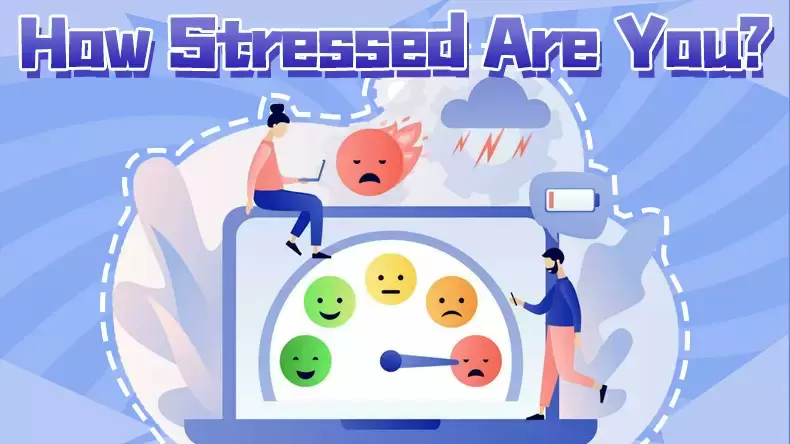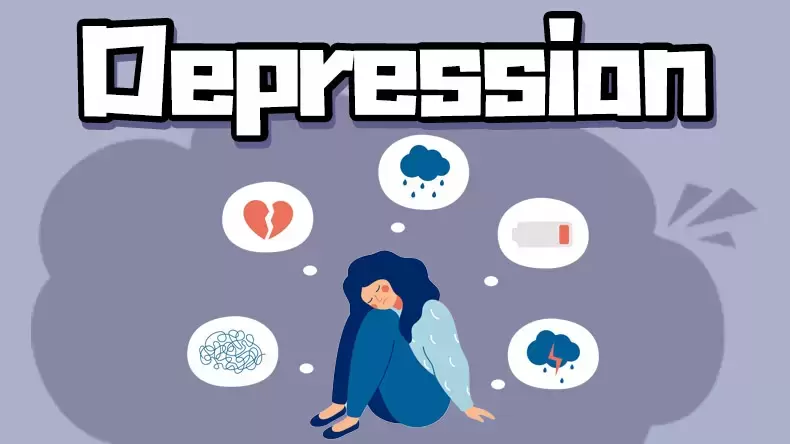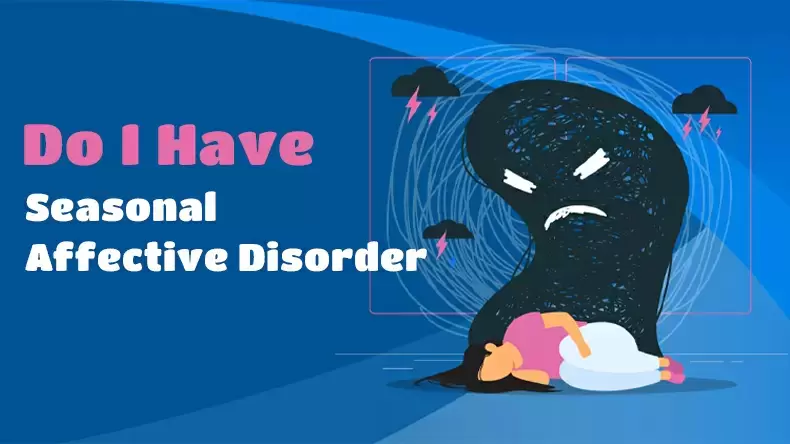Which LE SSERAFIM Member Are You? Quiz
Are you feeling overwhelmed and wondering how stressed you might be? Take our Stress Level Test to gain insights into your current stress levels. Understanding your stress can help you make informed decisions about managing and improving your overall well-being. Remember, it's important to prioritize self-care and seek support when needed. Start the test now and take the first step towards a healthier, more balanced life.
The Stress Solution: Effective Stress Management
Stress management is essential for maintaining a healthy and balanced life in today's fast-paced world. The demands, pressures, and challenges we face can often lead to feelings of overwhelm and exhaustion. However, by implementing effective stress management techniques, we can minimize the negative impact of stress and enhance our overall well-being.
One key aspect of stress management is recognizing the signs and symptoms of stress. This includes physical manifestations such as headaches, muscle tension, or sleep disturbances, as well as emotional indicators like irritability, anxiety, or feeling overwhelmed. By becoming aware of these signs, we can take action to address stress before it becomes overwhelming. 
Here are some practical ways to manage stress:
Practice relaxation techniques: Techniques like deep breathing, meditation, or progressive muscle relaxation can help calm the mind and body. Consider incorporating these practices into your daily routine to promote relaxation and reduce stress.
Prioritize self-care: Take time for self-care activities that promote relaxation and rejuvenation. This could include engaging in hobbies or activities you enjoy, getting enough sleep, eating a well-balanced diet, and exercising regularly.
Set boundaries: Learning to say no and setting clear boundaries with others can help prevent excessive stress. It's important to recognize and respect your own limitations and prioritize your well-being.
Develop time management skills: Effective time management can help reduce stress by allowing you to better prioritize tasks, allocate resources, and maintain a sense of control over your schedule. Identifying priorities and breaking large tasks into smaller, manageable steps can make a significant difference.
Seek support: Reach out to friends, family, or a support network when you're feeling overwhelmed. Talking to someone you trust can provide a different perspective, offer comfort, and help you feel supported during challenging times. Consider seeking professional help from a therapist or counselor if needed.
Remember, stress management is a continuous process that requires practice and commitment. By implementing these strategies and finding what works best for you, you can take control of stress and cultivate a healthier, more balanced life.












